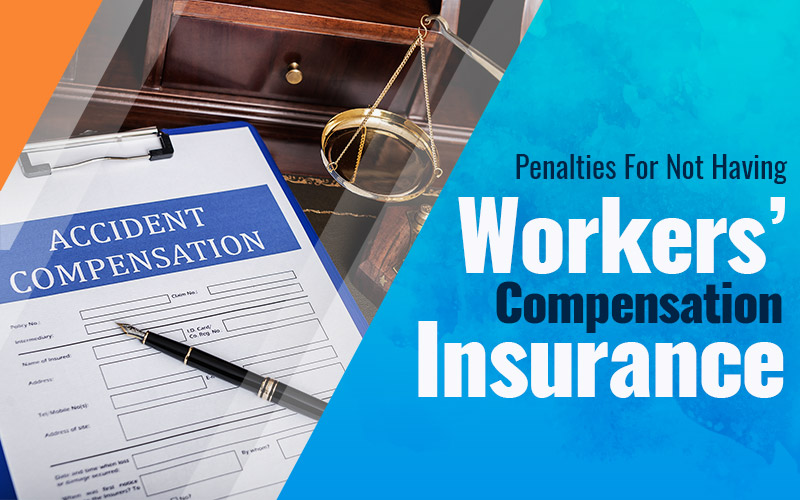Some small business owners look for ways to cut costs. In doing so, they avoid including workers’ compensation insurance in their employment scheme. But having no workers’ compensation insurance can impose fines and stretch as far as jail time.
Workers’ compensation may seem like an undesirable and unnecessary expense to some. Often, it is the case with employers who have never experienced a work-related injury among their employees.
However, those without this insurance coverage will likely face penalties or end up in jail, depending on their state laws.
What is the Significance of Workers’ Compensation Coverage for Businesses?
While the threshold differs for each state, businesses in nearly every state should carry workers’ compensation insurance after they have hired a specific number of employees.
Most states require employers to choose this coverage upon hiring their first employee. On the other hand, some states do not require employers to purchase it until they have hired at least five employees.
What Happens If an Employer Doesn’t Pay Workers’ Comp?
Businesses are required by state law to carry workers’ compensation coverage but operating without it will face severe penalties. For example:
● Deliberate non-compliance with this law in Pennsylvania is a third-degree felony and can lead to a $15,000 fine and 7 years of imprisonment.
● Likewise, New Jersey law imposes a $10,000 fine or an 18-month jail sentence for failing to carry workers’ compensation insurance.
● Californian law is similar, but the fine can be as high as $100,000.
The penalty for not having workers’ compensation varies by state. Contact the information & assistance officer at your local DWC district office for further information.
However, insurance-fraud-focused government departments, business regulatory bodies, and local law enforcement typically enforce workers’ comp laws.
Can an Injured Worker Sue Their Employer for Not Providing Workers’ Compensation?
Yes. For instance, an injured employee can sue their employer with the help of a workers’ compensation lawyer in Orange County. Although the state will fine or jail the employer for not having this coverage despite being required to, the employee also can file a lawsuit against them to recover medical expenses.
Businesses should understand that they secure themselves against fines and jail time over employee injury by choosing workers’ compensation coverage. Not having it leaves them at risk of getting a lawsuit from an injured employee.
Does Every Business Need Workers’ Compensation Coverage?
No. Some can sustain themselves legally despite not having workers’ compensation insurance. These include:
● Companies that have not reached the least number of employees required by their state to buy workers’ compensation insurance
● Companies that are sole proprietorships
● Business owners who only employ their immediate family members
● Those located in South Dakota or Texas
Are Their Exceptions to Workers’ Compensation Laws?
Yes, there are exceptions. For example, most sole proprietors do not need to buy workers’ compensation coverage, but they may be required to get a policy if their job falls in the high-risk category, such as construction.
Additionally, with the compensation laws varying from one state to another, a legally operating business without coverage in one state may be considered illegal in another.
For instance, if you own a business and have extensions in other states, each extension must follow the compensation law of the specific state. So, if your business is in South Dakota, you need not have workers’ comp.
But if you have an extension of your company in California where workers’ comp non-compliance is illegal, you must purchase the coverage.
Conclusion
Not having workers’ compensation insurance results in penalties; you need not pay a hefty fine or spend time in jail. So, if you operate in a state where it is mandatory and do not carry it, it is high time you do.
Useful Related Article:
1.Questions A Workplace Injury Lawyer May Ask
2.Are Workers’ Compensation Benefits Better Than Disability Benefits?
3.Workers’ Compensation And Personal Injury Settlement
Schedule a Consultation with one of Our Attorneys Now!
Contact Us

